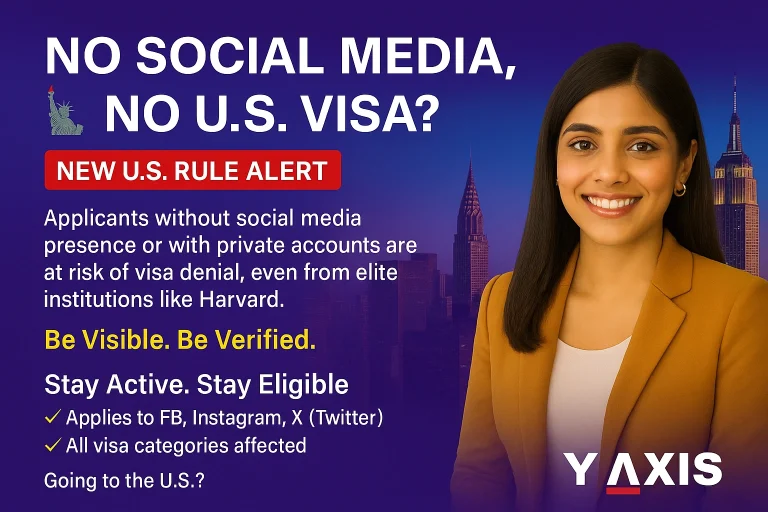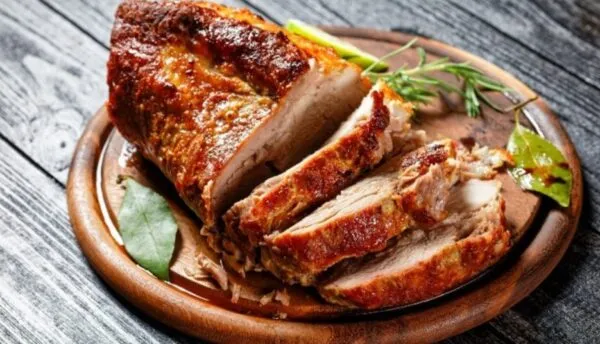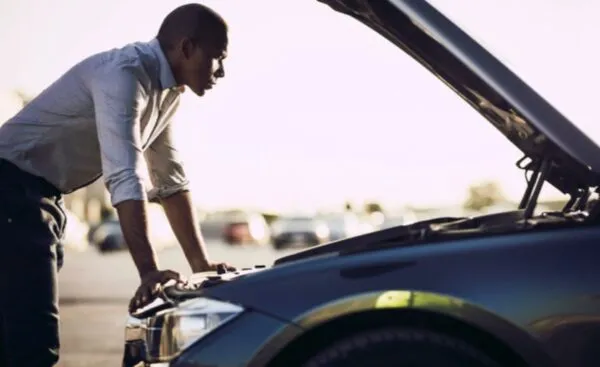
How Social Media Can Get Your Visa Denied — And What to Avoid
In today’s digital age, your online presence can carry as much weight as your official paperwork — especially when it comes to visa applications.
Immigration authorities in many countries now routinely review applicants’ social media activity as part of their background checks. A careless tweet, a mismatched job title, or even a joke taken out of context could lead to a visa denial.
Here’s how your digital footprint can affect your visa—and what you should avoid posting.
Why Social Media Matters in Visa Applications
Immigration officers use social media to verify:
- Your identity
- The accuracy of your application
- Potential legal or security risks
They may check Facebook, Instagram, TikTok, X (Twitter), LinkedIn, and even content you’re tagged in. In countries like the U.S., you’re sometimes required to list your social media handles on the application.
5 Ways Social Media Can Get Your Visa Denied
1. Inconsistent Information
If your location, job title, or life details online don’t match your visa paperwork, that’s a red flag.
Example: You claim to be a full-time employee, but your social media says “freelancing around the world.”
2. Illegal or Risky Behavior
Posts about drugs, underage drinking, violence, or scams—even if shared jokingly—can be seen as signs of risky behavior abroad.
3. Political Extremism or Hate Speech
Posts supporting hate groups, extremist views, or even negative content about the country you’re applying to can lead to immediate rejection.
Even liking or retweeting controversial content may count against you.
4. Fake Profiles or Online Misrepresentation
Using a false identity, fake job titles, or suspicious multiple accounts may be seen as deceitful or fraudulent.
5. Jokes About Overstaying or Visa Fraud
Any post—even a meme—that hints at illegal plans like “marrying for papers” or “working under the table” can jeopardize your application.
What to Avoid Posting Before and After a Visa Application
✅ Do:
- Set your profiles to private or friends-only
- Keep your bio and job details consistent with your visa application
- Share responsible, travel-appropriate content
- Use real names and authentic photos
❌ Don’t:
- Post anything illegal, violent, or controversial
- Joke about overstaying, working illegally, or marriage fraud
- Criticize or mock the country you’re applying to
- List job titles, locations, or timelines that contradict your visa documents
Final Thoughts
Your social media is an extension of your identity. When applying for a visa, treat your digital footprint like your passport—clean, honest, and professional.
Before hitting “submit,” take a moment to audit your profiles. What you post could be the reason you get approved—or denied.




